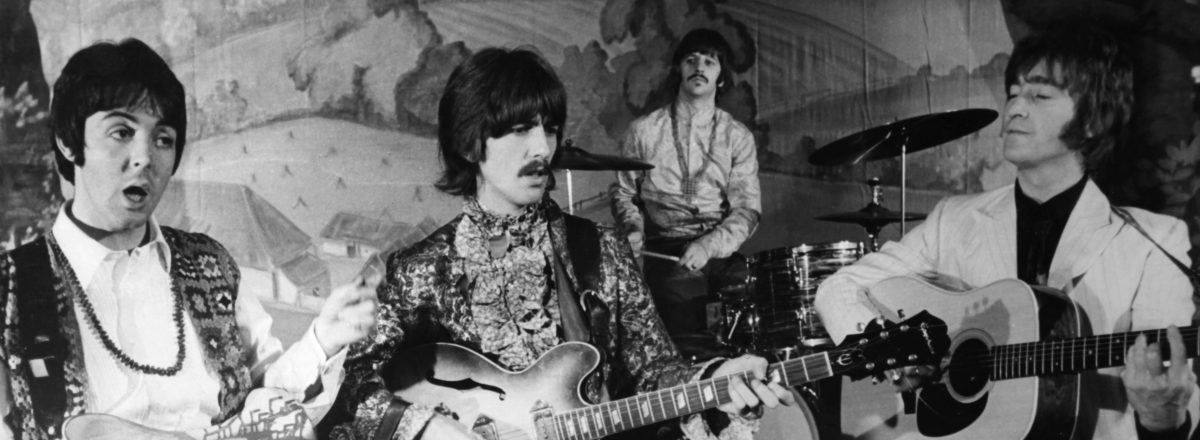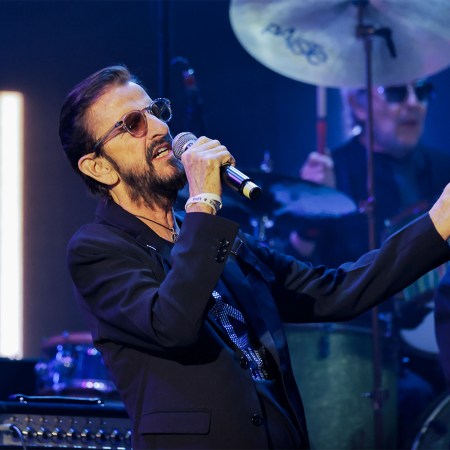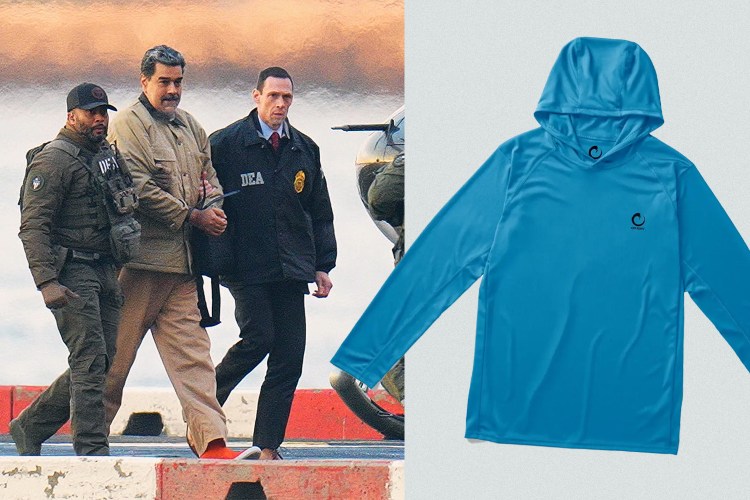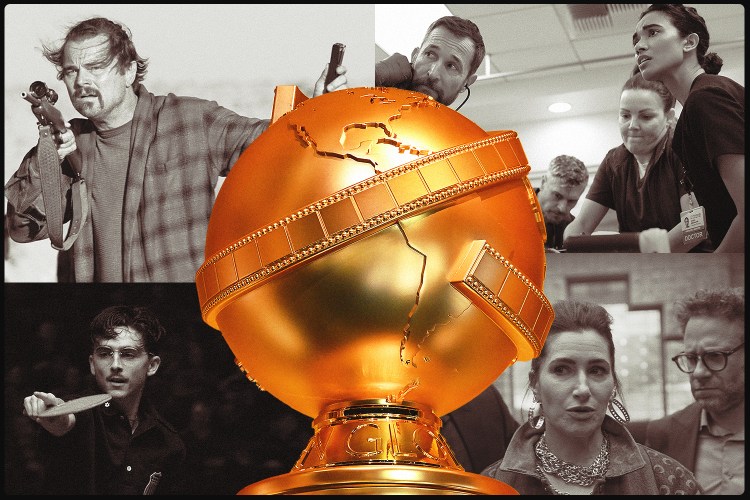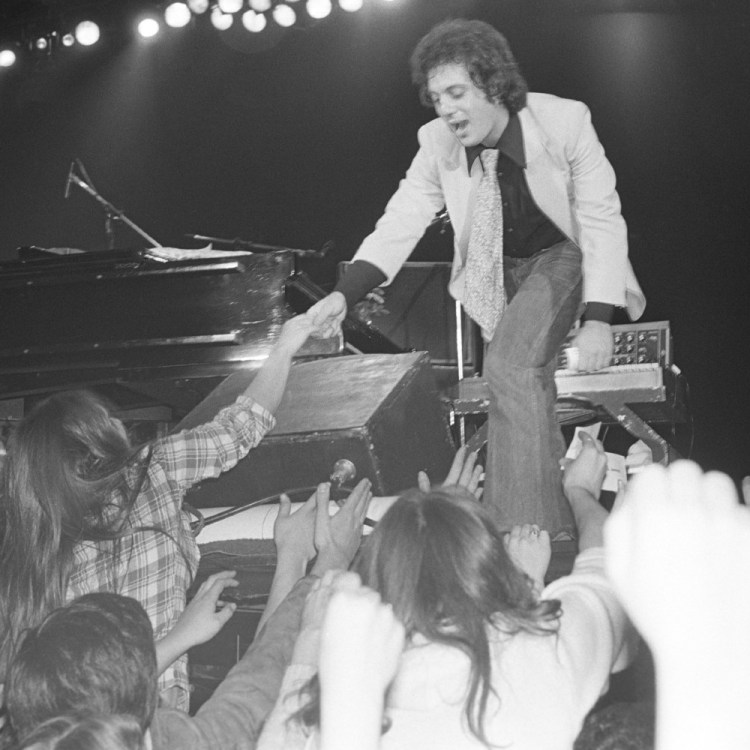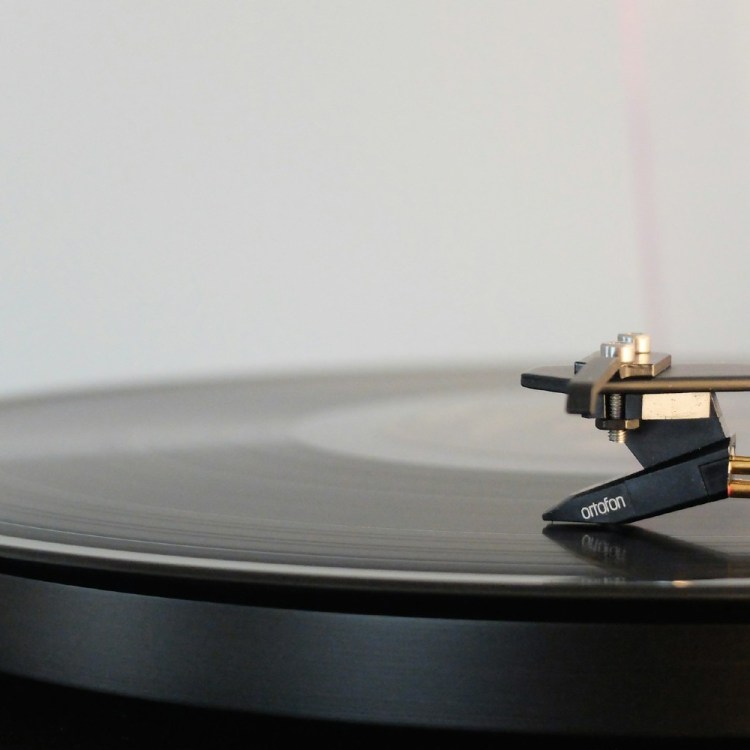Amongst the large, deservedly legendary, and oddly expanding pile of officially released Beatles material, there is probably nothing as off the radar as “You Know My Name (Look Up the Number).”
The song that was released as the B-side of “Let It Be” in March of 1970 and has largely been under-appreciated ever since.
Recorded over a two-year period, “You Know My Name (Look Up the Number)” is a strange cocktail jazz/ska/comedy mantra, and it is unlike anything else in the Beatles’ canon. (Well, aside from their often wonderful Christmas fan club records.)
On the surface, it’s a throwaway tune, and many students of the Beatles have regarded the song in that fashion for half a century.
But the Beatles did not throw away songs, and “You Know My Name (Look Up the Number)” is absolutely no exception. It is not only a deeply intentional composition, but also a Rosetta Stone, an object that tells us a great deal about the Beatles.
A prime indication that we should take “You Know My Name” seriously is the fact that it is one of the only recordings that the Beatles worked on during one era, set aside, and completed in another era.
Initial recording for the track was done in May of 1967 during the Magical Mystery Tour sessions. However, “You Know My Name” was not completed at this time but revived two years later, during the sessions for Abbey Road. The Beatles would sometimes revisit compositions they had attempted years earlier — but this is one of the only instances of them actually re-opening archival recordings sessions/tapes.
Another exceptional aspect of “You Know My Name” is that two-thirds of the song is given over to the most transparent homages the Beatles ever recorded, to two different sources: the psychedelic vaudeville group , The Bonzo Dog Band, and the vastly influential English comedy team, The Goons. (I will explain shortly.)
“You Know My Name” also reveals how creatively engaged McCartney and Lennon were with each other, even in the dusk of their partnership. It reflects a playfulness (and an intensity and artistry not dampened by that playfulness) that was at the heart of the Lennon/McCartney relationship. It represents what happens when two friends enjoy challenging each other to make something new.
Even this late in the game (the second session for “You Know My Name�� took place just four months before their final session together), Lennon and McCartney were still pioneering.
There are four significant stylistic elements in “You Know My Name”: The avant-garde mantra of the repeated title lyric; the ska section; the cabaret section; and the comedy section. Each represents a window into what John Lennon and Paul McCartney were listening to and thinking about as they moved through Beatle-life.
Right off the bat, we note something very curious: The (pre-vocal) opening bars of “You Know My Name” bear a fairly strong resemblance to the opening riff of “Baby You’re A Rich Man” — and until the onset of the ska section (a little over one minute into the song), it’s a notably similar rhythm track.
This is likely not coincidental.
Recording for both songs initiated the same week (the second week of May, 1967), and I would speculate that they might have split off from the same root composition or jam.
The most obviously odd thing about the track is that the entire song has only one true lyric: The title, repeated (roughly) 41 times, inserted into a relatively standard verse/pre-chorus/chorus structure (during the comedy section, some of the lyric repetitions are slightly mangled, making an exact count difficult). We should not mistake this repetition for laziness. Rather, it is a very deliberate effort to introduce avant-garde repetition and a mantra-like quality into the Beatles music.
Although this mantra approach also surfaces in a few places on the White Album (notably “Revolution 9” or the circling, continuous arpeggio guitar part in “Dear Prudence”), it is, perhaps never as pronounced as it is on “You Know My Name.”
Circa ’67 and ’69, there was far more awareness of ska in Great Britain then there was in the United States. That’s not a surprise, since the Jamaican expat community was considerably more visible in the U.K. The ska section of “You Know My Name” (which begins at 1:06, and appears only on the full-length version of the song) evidences that the Beatles were very aware of this trend. (Though, of course, “Ob-La-Di, Ob-La-Da” also alludes to ska).
Since aside from George Harrison’s sitar-centric pieces the Beatles almost never engaged in ethnic forgery — and I don’t necessarily use that word in a negative context — this shows that one or more members of the Beatles must have been listening to ska fairly avidly. However, we cannot rule out that the ska section may also be a nod to the Equals, a contemporary and pioneering multi-racial band that often integrated a ska beat into high-energy Britbeat rock.
The cabaret section that follows the ska section is clearly indebted to the Bonzo Dog Band. It features the kind of sonic and textual lampooning that was a constant in the Bonzos work. We can be reasonably sure that this resemblance is not accidental. Not only did the Beatles have an active relationship with the Bonzos, who appear in the Magical Mystery Tour film and had their only hit single, “Urban Spaceman,” produced by McCartney, but the Bonzos “owned” this surrealistic cabaret territory. No artist (especially an act as self-aware as The Beatles) would have attempted this kind of thing without intending it as a tip of the hat.
(By the way, the Bonzos returned the favor: In the 1970s, Bonzo co-leader Neil Innes was the co-creator/composer/arranger of the Rutles.)
Another hugely significant shout-out/clue happens immediately after the cabaret section. In fact, if we are studying the Beatles and their cultural and linguistic roots, it is a key moment in their entire recorded oeuvre.
After 3:48 in the un-edited version of the song, Lennon and McCartney indulge in some funny voices that are immediately identifiable as imitations of characters from the 1950s BBC radio comedy series The Goon Show.
The specific voice Lennon is using is clearly based on a recurring character named Minnie Bannister. Though it probably went over the heads of American listeners, from here until the end of the song, Lennon indulges in something that nearly every contemporary Brit would have recognized as an unmistakable homage/imitation of the Goons.
The influence of the Goons on The Beatles (and specifically on John Lennon) is absolutely fundamental, yet rarely discussed. “You Know My Name” provides us an excellent venue to toss this subject around.
The Goon Show ran on BBC radio between 1951 and 1960. The Goons were a trio – voice actors Peter Sellers, Harry Secombe, and Spike Milligan, who created, from whole cloth, the absurdist Dada slapstick that we have come to call “British Comedy.” They were to Monty Python (and all their brethren) what Elvis, Holly, or the Everlys were to the Beatles. They were also vastly popular amongst young people, including the young men who became the Beatles. The distinct voices, characters, and catchphrases of the Goons created a “private” language for the youth of post war England.
Milligan and the Goons’ near-constant integration of verbal puns, non-sequiturs, and conceptual absurdities into their work was a fundamental influence on the much-lauded lyrics and prose of John Lennon (Lennon, by the way, was happy to admit this; he wrote about it for the New York Times in 1975).
There are also two more direct links between the Goons and the Beatles: George Martin, the Beatles’ producer, had earlier produced the long-playing albums of the Goons, and many believe that Martin’s prior relationship with the Goons created a level of trust between the producer and the Beatles that otherwise would not have existed. Secondly, in 1959, the Goons shot a short movie with director Richard Lester titled The Running Jumping and Standing Still Film. Lester was attempting to develop a new visual vocabulary to match the Goons audio-only surrealism and chaos. This cinematic lexicon that Lester developed for the Goons was later transferred, virtually intact, to the two films Lester directed for the Beatles — Help! and A Hard Days’ Night.
The Goons influence is a constant undercurrent in the work of the Beatles. For instance, the lyrics to “I am the Walrus” are unmistakably Milligan-esque, and Lennon’s quickie 1965 book, A Spaniard in the Works, is so touched by Milligan’s influence as to be virtually litigious.
But on “You Know My Name” it is so obvious that one has to see it as a loving acknowledgement of the role the Goons played in shaping the Beatles.
All of these factors add up to the fact that ”You Know My Name (Look Up My Number)” is not only unique, it’s important.
Generally, the Beatles emerge on tape free of the dust of disorder and discovery; they evolve, but we don’t necessarily see the work, or direct evidence of the sources. But “You Know My Name” provides a fairly naked unveiling of who the Beatles admired, where they were coming from, and, perhaps, where they hoped to go.
This article appeared in an InsideHook newsletter. Sign up for free to get more on travel, wellness, style, drinking, and culture.
